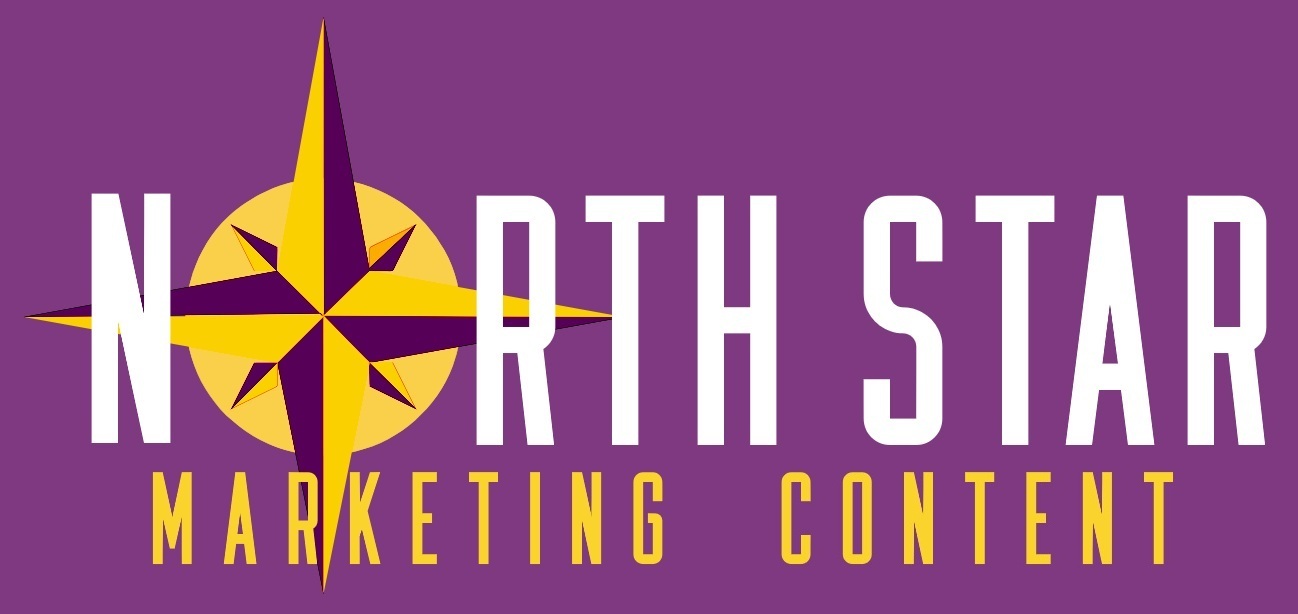We started this company in 1999, which means we are currently in our 25th year in business. In one form or another, we’ve always been a business communication firm.
Back then, we occupied a gritty office in a converted factory building in downtown Grand Rapids. It was so close to the highway, they hung billboards on the side of our building, and the traffic passing by would cause the building to vibrate and drop tiny black pebbles on our heads. This, we were told, was part of the “charm of an old building.”
They just felt like pebbles to us.
Social media didn’t exist in 1999. Neither did smartphones. No one had ever heard the words “app” or “selfie.” We had e-mail and web sites, but we still put a lot of stuff in the mail.
It was a different time for business communication. You had to use different techniques, leverage different kinds of relationships and rely on different measures of success.
And yet it occurred to us that some things that were true about business communication in 1999 are just as true today – maybe that’s why we’re still here for Year 25.
Every business needs to communicate. We don’t think this will ever stop being true. Even for those who claim they never have to do any marketing because it all just comes to their door via word-of-mouth, they still have to talk to someone about what they do and how they do it. If you get everything from referrals, props to you, but the people giving you the referrals must understand what you have to offer.
And every business changes, grows, learns new things, enjoys new accomplishments. No company can ever say it has nothing to communicate.
Every business needs to empower its lead ambassadors. This was not only true in 1999. It was true in 1899. It’s certainly true today. No one can sell your company like those closest to it – your employees, your customers, your vendors, your family and friends, your investors, your alumni – these are the people most likely to encourage someone else to knock on your door. If they’ve had a positive experience with you, they’re probably going to be happy to give you referrals. But if you’re not keeping them informed about what’s going on with your company, you can’t expect to be at the top of their minds.
Every business is better off telling its own story directly to its audience. We don’t begrudge anyone the thrill of getting covered by the media. Nor do we argue it can’t help you build your business when it happens. Third-party endorsements do come with a veneer of respectability. But no one can tell your company’s story like you can. Back in 1999, there weren’t as many ways for companies to speak directly to their audiences. You could publish a newsletter. You could send out e-mails. Heck, you could write letters on company letterhead! (And actually, you still could.) Today you can use blogs and social media. You can do a lot more with e-mail. You can distribute it all via HubSpot. There is less reason than ever to rely on third parties to tell your company’s story, which means a long-established need can now be filled economically, efficiently and consistently.
Authentic language beats corporate caution-speak every time. We understand that not every corporate CEO is a good writer. We understand that the culture of many corporations is to be exceedingly careful with all company communiques, and not to take the risk of being edgy or creative lest anyone be offended. And we understand that the legal department always wants to look at everything. These are real factors. But it doesn’t change this fact: When you talk to your audience like you respect them, and aren’t afraid to be candid with them, they like it. You don’t always have to tell them that everything is wonderful and that everyone is happy and that you are always the leader. Sometimes you can tell them when things were hard, and you had to learn lessons, and you came out better for it. Not many corporations talk like this. More should.
We’re the best writers you can hire to help you with all this. Pursuant to the item above, we make no claims to be perfect. We have three editors and they do catch mistakes. One time we even took until the live read to realize we’d stuck an apostrophe on a straight plural. We’re human. But we’re also talented, eloquent, experienced, strategic and fast. We were in 1999. We’re even more so now.
Some things in business communication don’t change, even as other things change a lot. The key to doing business communication well is understanding what belongs in the former category while keeping up with the things in the latter category.
We’re in our 25th year because we know how that works.

